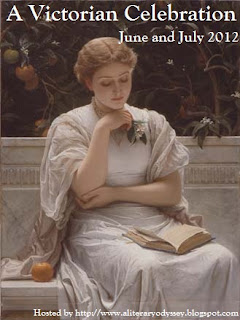The Listening Eye

The Listening Eye , by Patricia Wentworth I often read Patricia Wentworth mysteries when things have gone wrong and I need something very fluffy and familiar. Wentworth wrote the coziest kind of British mystery novel, usually starring Miss Silver (a former governess turned detective), and always featuring young love and a wedding at the end. The writing style is instantly recognizable, the characters are on the stock side, and amnesia figures in Wentworth's plots far too often. They are great if you need a nice comforting read, and they've just been reissued in a new edition. The Listening Eye does not feature amnesia, but a deaf landlady who is very good at lipreading. She accidentally observes two men plotting a crime, and visits Miss Silver for advice. I'm reading quite a lot at the moment, but they are all long books that will take a while! So things have been pretty slow around here. However, I'd just like to remind you all that it's International Hug a ...

























